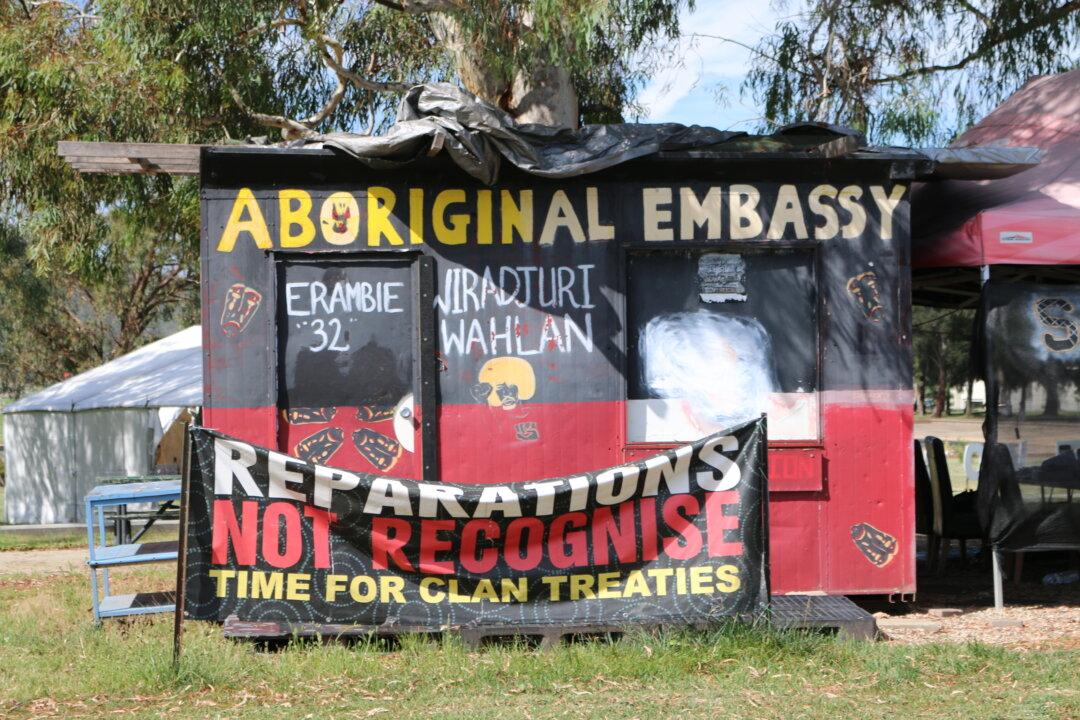The office of the First Nations—Indigenous—Ambassador, created just over a year ago, would be closed “on day one” of a Coalition government, Opposition Leader Peter Dutton has said.
This was after it was revealed that the current ambassador, Justin Mohamed, had spent $145,000 on business class airfares in the 2023-24 financial year.





